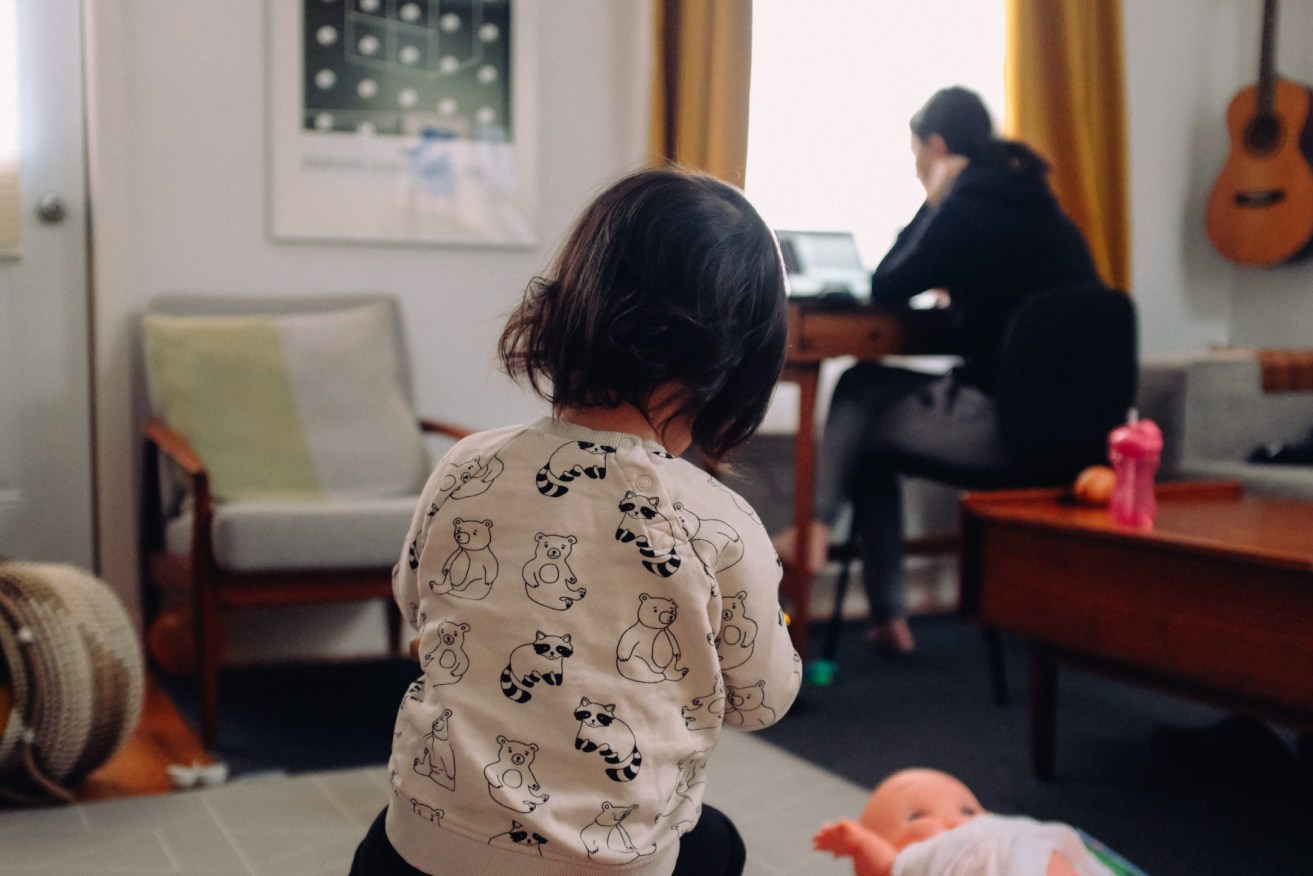Female workers bore the brunt of pandemic’s economic impact – study
A University of Queensland Business School study has found that women copped the brunt of Covid-19, were the first to lose their jobs and were often forced into conflicting roles when families were thrown into lockdowns.


Women took the brunt of Covid's economic impacts
The study of about 2000 people by researchers found there were 19 different variables which impacted people during Covid, many of them out of the control of the individual.
Lead researcher Dr Terry Fitzsimmons said gender was a key issue.
It found there was a far greater financial impact on women who were often employed in casual or part time roles that were the first to go when restrictions and lockdowns occurred.
Writing in the UQ Business School magazine, Fitzsimmons said location, industry, work status and family situation were all contributors. So too, were if there were dependent children, which city you lived in, if you were in an essential industry or whether you worked part-time, full time or casually.
“Women are disproportionately represented in the workforce in casual or part time roles, yet these roles were the first to go during the peak of the pandemic,” Fitzsimmons said.
Then came the amalgamation of care, schooling and work which report co-author Miriam Yates said tested families in terms of their psychological health and wellbeing.
“There’s little doubt that many men were also highly impacted by these shifts and changes. However, our report highlights that it was typically women taking the reins of the various _ and often competing _work and family domains,” she said.
More women than men opted out of professional development opportunities during the pandemic, which Yates said was “tough to reconcile”.
“Ensuring women can re-engage in their professional development is as much about organisations providing the instrumental support – such as funding and time – as the social and peer support to empower women to take the leap to more senior roles,” she said.
The study was done in conjunction with the National Association of Women in Construction and the Australian Gender Equality Council.
The report also found that companies were forced into changing their beliefs about the productivity of people working from home.
“Where working from home was possible, productivity benefited from reduced travel time,” NAWC’s Christina Yiakkoupis said.
“These changes have undoubtedly benefited women who have had to juggle working from home with domestic duties and home-schooling.”
Because the pandemic continues to impact business the report made eight recommendations to companies on how to support staff and reduce gender inequality.
The first was to offer early education and childcare options for staff. Others were flexible and hybrid working policies, the provision of mental health support, addressing gender stereotypes which included when meetings took place, who took the minutes, who makes the tea and coffee and who cleans up afterwards.
It also recommended equalising parental leave entitlements and applying a “gendered lens” to recovery.
“For example, when planning for shifts in operating hours, organisations could consider how their roster might affect those with care responsibilities. Our findings suggest this has often been women throughout the pandemic,” Yates said.












